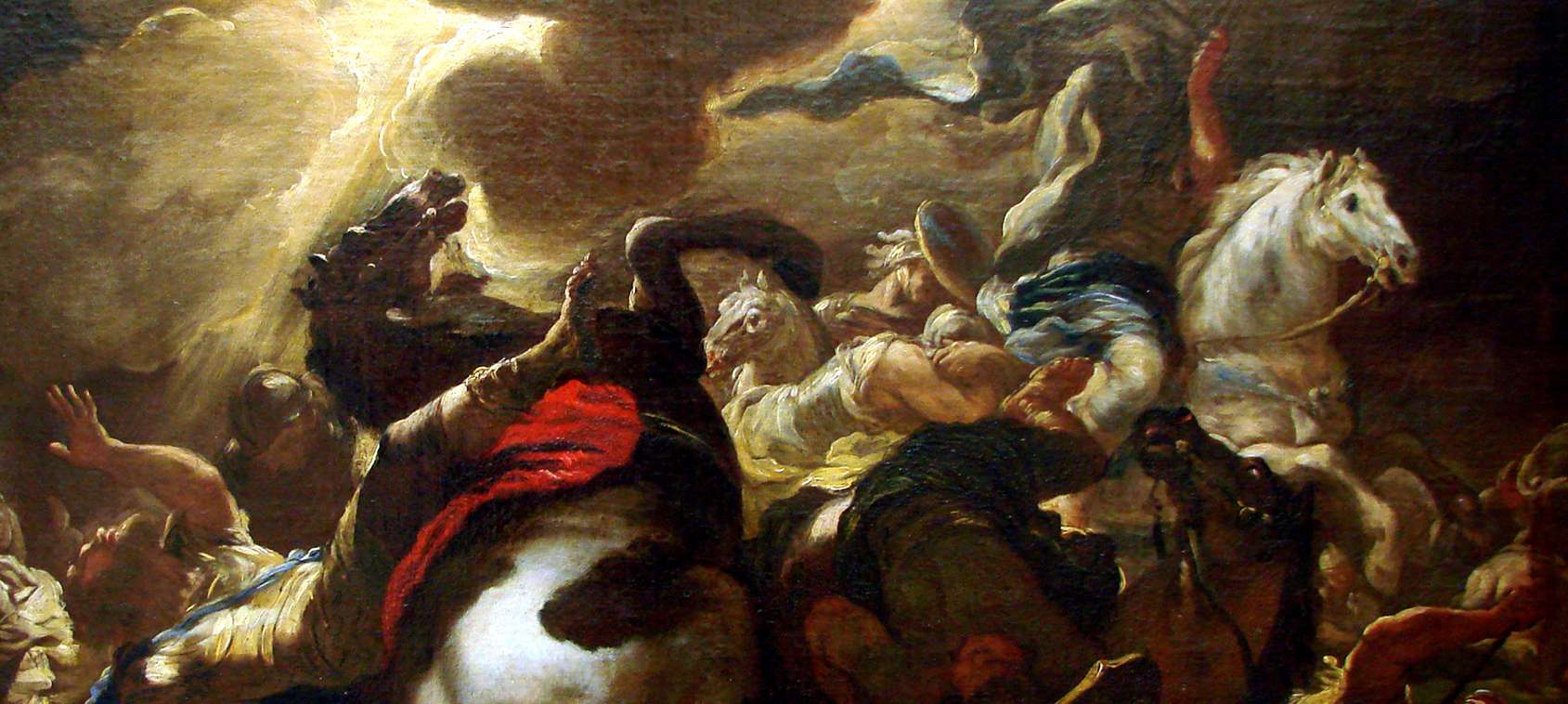Thy Will Be Done
What is it to pray?
Matthew records Jesus telling his disciples how to pray. He doesn’t instruct them to pray; it is taken for granted that they do. He warns them against praying for show.
And when you pray, do not be like the hypocrites … or your Father knows what you need before you ask him. This, then, is how you should pray:
Our Father in heaven,
hallowed be your name,
your kingdom come,
your will be done,
on earth as it is in heaven.
Give us today our daily bread.
And forgive us our debts,
as we also have forgiven our debtors.
And lead us not into temptation
but deliver us from the evil one.
Jesus also acknowledges that prayer is, in a sense, unneccessary: “your Father knows what you need”. The prayer itself declares its own redundancy: “Your will be done.” So why pray?
At heart, the Lord’s Prayer expresses our dependence on God. We ask for our daily bread; our Manna. The Israelites were not to collect more than a day’s bread, except when preparing for the Sabbath. They had been rescued by God from Egypt, and needed to learn that they remained dependent on him. On the Lord who’s holiness justifies his sovereignty over us, and whose grace we need in order to live the Christian life.
Saying the Lord’s prayer achieves many things, but one thing it does is reinforce our commitment to God, and thus strengthen our faith in him. Why say vows in a wedding service? Because the act of saying is, in itself, an act of commitment.
But more than that, prayer is our part of a dialogue with God. Talking to someone changes your relationship with them. Talking to God expresses and forms how you relate to Him.
